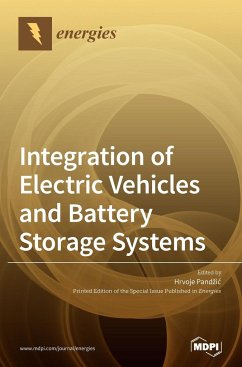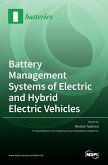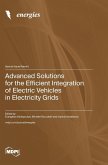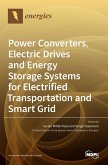Achieving the goal of green and environmentally friendly energy systems is not possible without the concept of energy storage. Such storage should charge when renewable generation, e.g., photovoltaics and wind farms, is abundant and discharge during periods of its scarcity. Although pumped hydropower plants have been widely used as extremely large capacity energy storage, the recent technological developments in lithium-based batteries have made them economically feasible. The major advantages of batteries over a conventional energy storage system, i.e., hydropower, include its modularity and ease of integration with the transport system. This Special Issue is thus focused on both stationary batteries and mobile batteries in electric vehicles. Both should be used to provide flexibility and balancing services to power systems. While stationary batteries are focused solely on the power system, the batteries within electric vehicles need to primarily fulfill the task of providing energy for transportation. This is why their use in power systems is secondary. However, due to generally long parking periods, they can become a detrimental asset in terms of balancing the power system.
Hinweis: Dieser Artikel kann nur an eine deutsche Lieferadresse ausgeliefert werden.
Hinweis: Dieser Artikel kann nur an eine deutsche Lieferadresse ausgeliefert werden.








